A pollinator garden attracts pollinator species such as bees, moths, and hummingbirds with plants that provide pollen and nectar. Pollination plays an essential role in maintaining our ecosystem. Without pollinators, … Continue Reading →
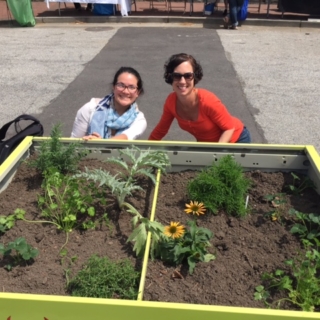

A pollinator garden attracts pollinator species such as bees, moths, and hummingbirds with plants that provide pollen and nectar. Pollination plays an essential role in maintaining our ecosystem. Without pollinators, … Continue Reading →

By Morgan Finch, Gardens & General Sustainability Intern, Office of Sustainability Initiatives As you walk through campus, you may notice the lush greenery of one of Emory’s educational gardens. Eight … Continue Reading →
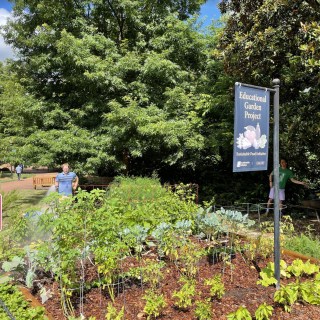
By Raven Crosby, General Sustainability & Gardens Intern, Office of Sustainability Initiatives Tucked into different corners of Emory’s Atlanta campus are eight small communal gardens overflowing with produce, herbs and … Continue Reading →
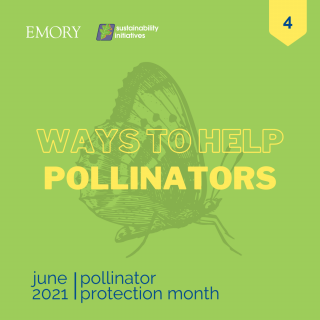
In our last post, we focused on the different threats facing pollinators. Today, we’re featuring some easy ways for you to get involved in pollinator conservation at home or in … Continue Reading →

By: Rachel Musetti, General Sustainability Intern When OSI became aware of the impending retirement of Dr. Baker and Dr. Carter, we found it impossible not to reflect on their impressive … Continue Reading →
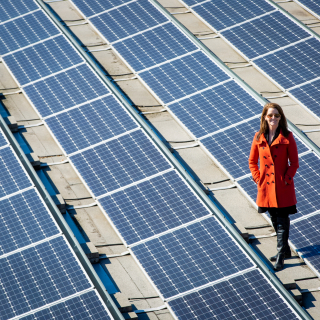
ATLANTA – Emory University will install more than 15,000 solar panels across 16 buildings on its Druid Hills campus, which will generate approximately 10 percent of Emory’s peak energy requirements … Continue Reading →
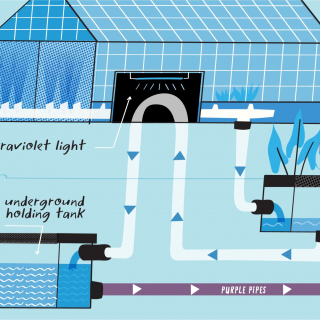
Every day, colonies of ravenous microorganisms—dwelling within the dense root systems of hydroponically grown plants—help clean and repurpose nearly 400,000 gallons of campus wastewater for non-potable uses. These colonies are … Continue Reading →

Emory Report | March 4, 2020 Construction will begin this month on the R. Randall Rollins Building, a 10-story facility that will significantly expand Emory’s Rollins School of Public Health … Continue Reading →

Tree removal and construction of the R. Randall Rollins building is slated to start on Friday, March 6th, and the ground breaking for the building is set for Thursday, March … Continue Reading →
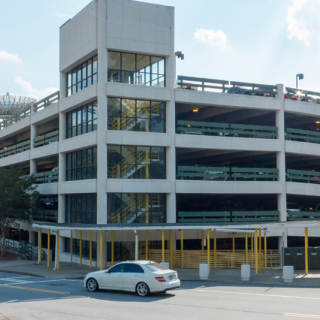
By Leanna Ehrlich, OSI Intern Emory University’s commitment to sustainability over the last decade includes updating one of the largest uses of energy on campus: lighting fixtures. OSI recently spoke … Continue Reading →